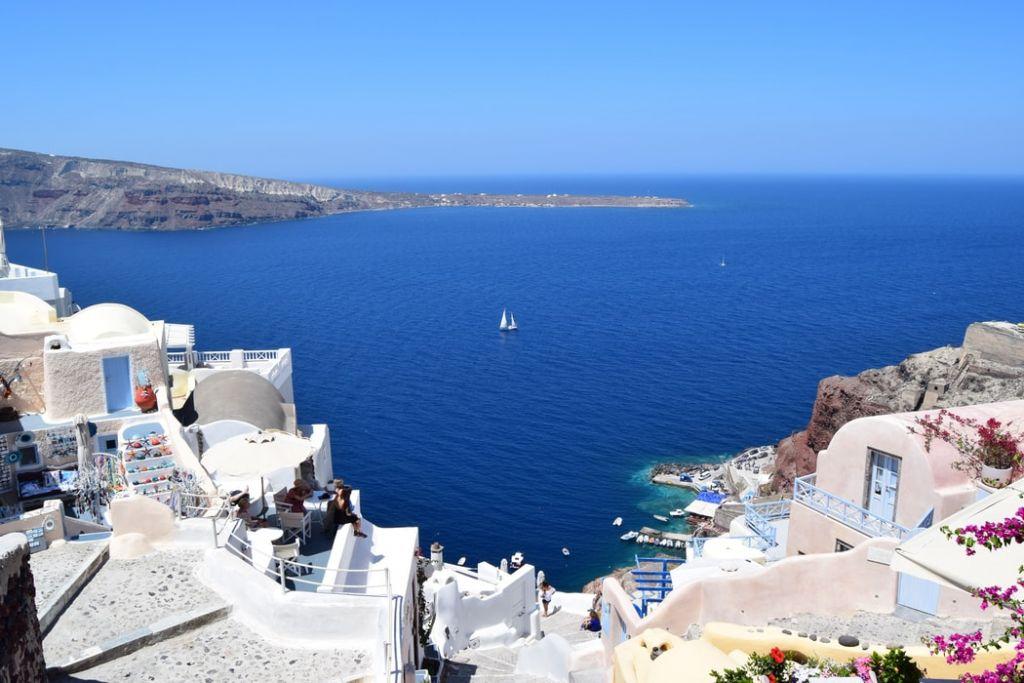Hotels mainly in the mountainous and semi-mountainous areas, food service, coastal shipping and air transport are affected by the increased energy costs, which “undermines” the viability of many units of the aforementioned sectors.
The problem of energy costs and the impact it has on tourism is expected to be addressed in today’s teleconference of industry players, following the initiative of the Association of Greek Tourism Enterprises (SETE), ie hoteliers, coastal seafarers and others involve, with Minister of State Akis Skertos and other government officials. This discussion was supposed to take place last week but has been postponed to today.
The President of the Hotel Chamber of Greece recently spoke about a “heavy” winter that continuous operation hotels will face, as they are confronted with high energy costs, the non-return of business travel of conferences and exhibitions and the new wave of the pandemic was mentioned recently by the President of the Hotel Chamber of Greece Mr. Alexandros Vasilikos, while the problem of energy costs mainly for units in mountainous areas was raised in the recent Council of Presidents of Hotel Associations of the Panhellenic Hoteliers Federation (POX).
As stressed by the President of POX Grigoris Tassios, “the great challenge of continuing tourism activities in fall and winter, months during which over 2000 enterprises in urban areas, rural towns, and especially in the mountainous mass of the country will give their own great battle to stand on their own two feet, after two lost tourist years.”
Also since October, the head of the mountain hotels team and public relations supervisor of the Panhellenic Hoteliers Federation (POX) and president of the Drama Hoteliers Association, Mr. Angelos Kallias, warned through ot.gr about the need to support the winter hotel units. “Due to the significant increase in energy costs, companies in the sector are requesting a subsidy for energy costs,” Mr. Kallias told ot.gr at the time, adding that the request has already been brought to the attention of Tourism Minister Vassilis Kikilias.
The president of SETE, Giannis Retsos, in the federation’s letter to the competent Ministries, noted: “We are already at the beginning of November, the seasonal tourism companies have stopped operating and most of them have not been paid. The picture is similar in most continuously operating companies, which continue to operate under difficult conditions, due to the outbreak of the pandemic, winter and increased energy costs.
Finally, coastal shipping is faced with increased operating costs as the prices of marine fuels have increased significantly. It should be noted that low sulfur diesel from $ 370 per ton in November this year has jumped to $ 650 per ton (an increase of 75.6%).



